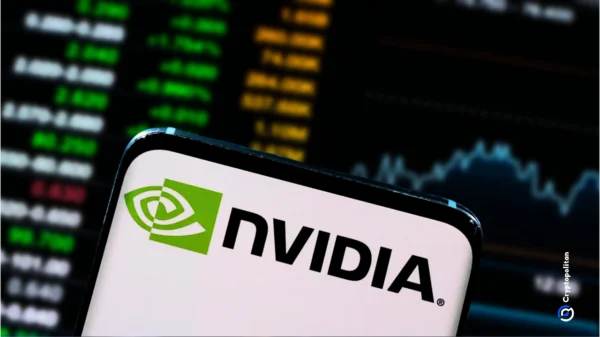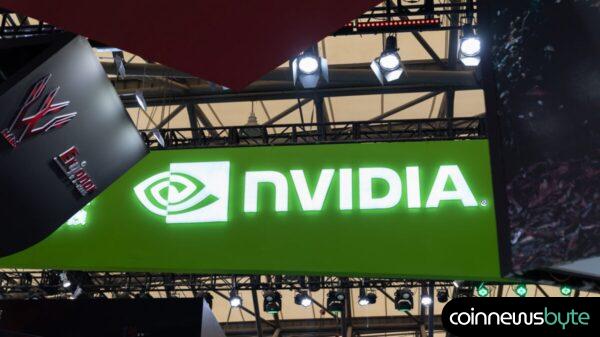U.S. federal agencies are scrutinizing the mining equipment produced by Bitmain, a China-based company, due to concerns about national security. The investigation focuses on whether these machines could be manipulated for espionage purposes or to disrupt critical infrastructure, including the electrical grid. This inquiry, highlighted in a report by Bloomberg on November 21, is part of a broader operation known as “Red Sunset,” led by the Department of Homeland Security (DHS).
The need for this investigation arose from a federal assessment of mining equipment situated near sensitive military sites in the United States. This review identified “significant national security concerns,” pointing out hardware vulnerabilities that may permit remote access from China. A report released in July by the Senate Intelligence Committee further amplified these worries.
The U.S. government has indicated that these mining rigs could potentially be utilized for espionage or cyberattacks, thereby threatening national security. Some units were halted at U.S. ports for thorough inspections, during which investigators disassembled them to analyze chips and firmware for any existing vulnerabilities.
In response to these serious allegations, Bitmain has firmly rejected claims suggesting that its mining machines possess remote control capabilities. The company labeled such assertions as “unequivocally false” and underscored its commitment to compliance with U.S. regulations. Additionally, Bitmain maintained that it has “no connection to the Chinese government,” countering the narrative that its equipment could facilitate espionage or cyber attacks.
As the investigation continues, the implications for the broader Bitcoin mining industry are becoming evident. This inquiry is not just about assessing national security risks but also encompasses concerns regarding tariffs, imports, and adherence to U.S. regulations concerning foreign-manufactured mining equipment.
This ongoing scrutiny of Chinese-made technology is not unprecedented; previous reviews have raised alarms about equipment located near strategic facilities. The Senate panel”s findings reiterated concerns about the risks associated with devices operating in proximity to power infrastructure.
As public miners and power-hosting companies grow increasingly aware of these security challenges, there is likely to be a heightened demand for suppliers capable of providing more secure hardware and software solutions. Should the U.S. government move towards formal guidance or enforcement measures, mining companies may face stricter compliance requirements and an obligation to implement enhanced cybersecurity protocols.















































































